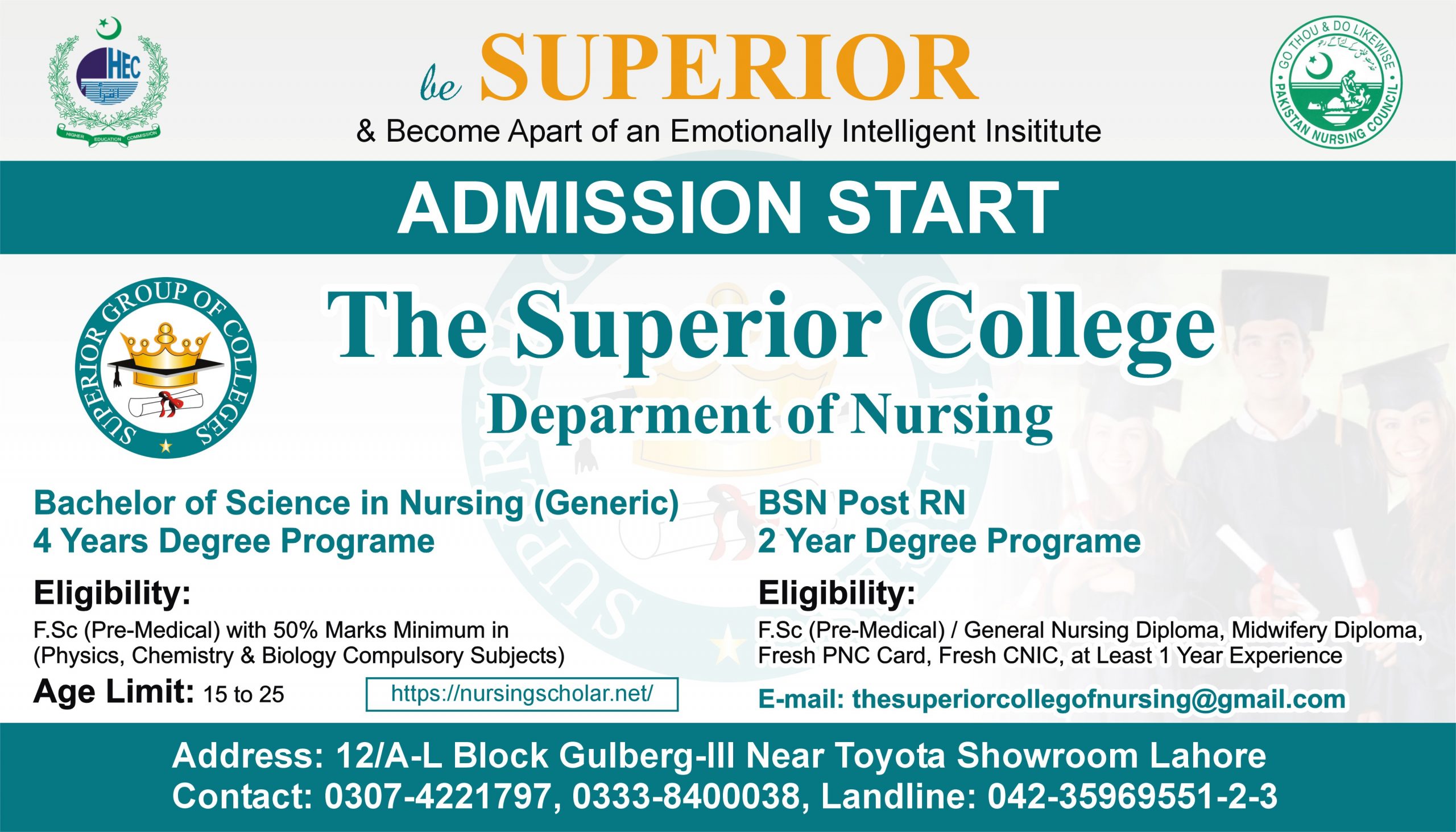Are you passionate about pursuing a career in nursing? Gaining admission to a reputable nursing college is the first step toward achieving your dream. With the growing demand for skilled healthcare professionals, nursing has become one of the most sought-after career paths globally. However, the admission process can be competitive and overwhelming, especially if you are unfamiliar with the requirements and steps involved. This guide will walk you through everything you need to know about securing admission to a nursing college, ensuring you are well-prepared and confident in your journey.
Admission to a nursing college requires careful planning, dedication, and a clear understanding of the prerequisites and procedures. From academic qualifications to entrance exams, extracurricular activities, and interviews, there are several factors to consider. In this article, we will explore each aspect in detail, providing actionable tips and insights to help you navigate the process successfully.
Whether you are a high school student preparing for your future or a working professional looking to switch careers, this guide will serve as your ultimate resource. By following the steps outlined here, you can increase your chances of getting into your desired nursing program and embarking on a fulfilling career in healthcare.
Read also:Puntland Wasmo Telegram A Comprehensive Guide To Understanding Its Impact And Influence
Table of Contents
- Understanding Nursing College Admission
- Prerequisites for Admission
- Researching Nursing Colleges
- Preparing for Entrance Exams
- Crafting a Strong Application
- Importance of Extracurricular Activities
- Navigating the Interview Process
- Securing Financial Aid and Scholarships
- Final Steps Before Admission
- Conclusion
Understanding Nursing College Admission
Before diving into the specifics of the admission process, it is essential to understand what nursing colleges look for in candidates. Nursing programs aim to train students who are not only academically qualified but also possess the right skills, values, and passion for patient care. Admission committees evaluate applicants based on a combination of factors, including academic performance, entrance exam scores, extracurricular activities, and personal interviews.
One of the key aspects of nursing college admission is the competitive nature of the process. With the increasing demand for nursing professionals, many colleges receive a large number of applications each year. This makes it crucial for applicants to stand out by showcasing their unique strengths and dedication to the field. Understanding the admission criteria and preparing accordingly can significantly improve your chances of success.
Key Factors Considered in Nursing College Admission
- Academic qualifications and GPA
- Entrance exam scores (e.g., TEAS, HESI)
- Letters of recommendation
- Personal statement or essay
- Extracurricular activities and volunteer work
- Interview performance
Prerequisites for Admission
Each nursing college has specific prerequisites that applicants must meet to be considered for admission. These requirements often vary depending on the level of the program (e.g., associate degree, bachelor’s degree, or graduate program) and the institution's policies. However, some common prerequisites apply to most nursing programs.
One of the primary prerequisites is a high school diploma or equivalent, with a strong foundation in science subjects such as biology, chemistry, and anatomy. Additionally, many nursing colleges require students to complete prerequisite courses in subjects like mathematics, English, and psychology before applying. Some programs may also have a minimum GPA requirement, typically ranging from 2.5 to 3.5, depending on the institution.
Essential Prerequisites for Nursing College Admission
- High school diploma or GED
- Completion of prerequisite courses
- Minimum GPA requirement
- Standardized test scores (e.g., SAT, ACT)
- Health and immunization records
Researching Nursing Colleges
Choosing the right nursing college is a critical step in your journey toward becoming a nurse. With numerous options available, it is essential to conduct thorough research to identify programs that align with your career goals, interests, and financial situation. Start by creating a list of potential colleges and evaluate them based on factors such as accreditation, program offerings, location, and cost.
Accreditation is one of the most important factors to consider when researching nursing colleges. Accredited programs meet the standards set by recognized accrediting bodies, ensuring that you receive a quality education that prepares you for licensure and employment. Additionally, consider the program's curriculum, clinical opportunities, and faculty expertise to ensure it aligns with your learning needs.
Read also:Unlocking The Potential Of Spointninja A Comprehensive Guide
Tips for Researching Nursing Colleges
- Check for accreditation from recognized bodies
- Review program curriculum and clinical opportunities
- Visit college websites and attend virtual open houses
- Reach out to current students or alumni for insights
- Compare tuition fees and financial aid options
Preparing for Entrance Exams
Many nursing colleges require applicants to take entrance exams as part of the admission process. These exams assess your knowledge and readiness for the rigorous coursework involved in nursing programs. Two of the most common entrance exams for nursing are the Test of Essential Academic Skills (TEAS) and the Health Education Systems, Inc. (HESI) exam.
Preparing for these exams requires a strategic approach, including understanding the test format, practicing sample questions, and identifying areas where you need improvement. Start by reviewing the exam guidelines and creating a study schedule that allows you to cover all the necessary topics. Utilize study guides, online resources, and practice tests to enhance your preparation.
Steps to Prepare for Nursing Entrance Exams
- Understand the exam format and content
- Create a study schedule and stick to it
- Use study guides and online resources
- Take practice tests to assess your progress
- Seek help from tutors or study groups if needed
Crafting a Strong Application
Your application is your opportunity to showcase your qualifications, achievements, and passion for nursing. A well-crafted application can make a significant difference in the admission process, helping you stand out among other candidates. Pay attention to every component of the application, including your personal statement, letters of recommendation, and resume.
The personal statement is one of the most critical parts of your application. It allows you to express your motivation for pursuing a career in nursing and highlight your unique strengths and experiences. Be honest, specific, and concise in your writing, and ensure that your statement reflects your genuine passion for the field. Additionally, secure strong letters of recommendation from teachers, mentors, or healthcare professionals who can vouch for your abilities and character.
Tips for Crafting a Strong Application
- Write a compelling personal statement
- Secure strong letters of recommendation
- Highlight relevant extracurricular activities and volunteer work
- Proofread your application for errors
- Submit your application before the deadline
Importance of Extracurricular Activities
Extracurricular activities play a vital role in the nursing college admission process. They demonstrate your commitment to personal growth, leadership, and community involvement, all of which are essential qualities for a successful nursing career. Participating in activities such as volunteering at hospitals, joining healthcare-related clubs, or taking part in community service projects can strengthen your application and make you a more competitive candidate.
In addition to showcasing your skills and interests, extracurricular activities provide valuable experiences that can enhance your understanding of the nursing profession. For example, volunteering at a healthcare facility allows you to observe nurses in action and gain insights into the challenges and rewards of the job. These experiences can also help you develop essential skills such as communication, teamwork, and empathy.
Examples of Extracurricular Activities for Nursing Applicants
- Volunteering at hospitals or clinics
- Participating in healthcare-related clubs
- Engaging in community service projects
- Attending nursing workshops or seminars
- Pursuing certifications in CPR or first aid
Navigating the Interview Process
Many nursing colleges include an interview as part of the admission process. The interview provides an opportunity for the admission committee to assess your communication skills, professionalism, and passion for nursing. It also allows you to demonstrate your knowledge of the field and your commitment to becoming a nurse.
To prepare for the interview, research common nursing interview questions and practice your responses. Focus on highlighting your strengths, experiences, and motivations for pursuing a career in nursing. Dress professionally, arrive on time, and maintain a positive and confident demeanor throughout the interview. Remember to ask thoughtful questions about the program to show your genuine interest.
Tips for Acing Your Nursing College Interview
- Research common interview questions and practice your responses
- Dress professionally and arrive on time
- Highlight your strengths and experiences
- Ask thoughtful questions about the program
- Follow up with a thank-you note after the interview
Securing Financial Aid and Scholarships
The cost of nursing education can be a significant concern for many students. However, there are numerous financial aid and scholarship opportunities available to help alleviate the financial burden. Start by completing the Free Application for Federal Student Aid (FAFSA) to determine your eligibility for federal grants, loans, and work-study programs.
In addition to federal aid, many nursing colleges and private organizations offer scholarships specifically for nursing students. These scholarships may be based on academic merit, financial need, or other criteria. Research available scholarships and apply to as many as possible to increase your chances of receiving financial assistance.
Steps to Secure Financial Aid and Scholarships
- Complete the FAFSA to determine federal aid eligibility
- Research nursing-specific scholarships
- Apply for scholarships early and meet all deadlines
- Explore work-study programs and part-time job opportunities
- Consult with the college's financial aid office for guidance
Final Steps Before Admission
Once you have submitted your application and completed the necessary steps, it is essential to stay organized and proactive as you await admission decisions. Keep track of deadlines, follow up with the admission office if needed, and prepare for the next steps if you receive an acceptance letter.
If you are accepted into a nursing program, review the acceptance letter carefully and follow the instructions for confirming your enrollment. This may include submitting a deposit, completing additional paperwork, or attending an orientation session. Additionally, ensure that you meet all health and immunization requirements before starting the program.
Final Checklist Before Starting Nursing College
- Confirm your enrollment and submit required documents
- Complete health and immunization requirements
- Attend orientation sessions and meet with advisors
- Purchase necessary textbooks and supplies
- Plan your schedule and organize your finances
Conclusion
Securing admission to a nursing college is a significant milestone in your journey toward becoming a nurse. By understanding the admission process, meeting prerequisites, and preparing a strong application, you can increase your chances of success. Remember to stay organized, seek guidance when needed, and remain committed to your goals.
We hope this guide has provided you with valuable insights and actionable tips to navigate the nursing college admission process. If you found this article helpful, feel free to share it with others who may benefit from it. Additionally, explore our other resources to continue learning and preparing for your future in nursing. Good luck on your journey!

